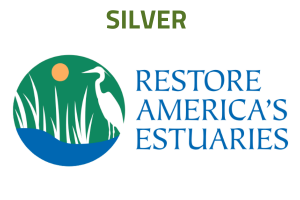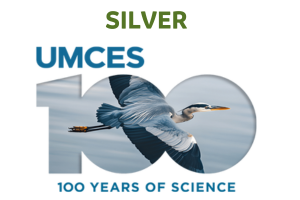Plenary Session: Science for Solutions: By Whom and For Whom?
Monday, 10 November, 2025 | 3:00 PM – 4:30 PM
Description
A rapidly changing area of coastal and estuarine science is how we engage communities and decision-makers to support science-based solutions. There is a proud tradition of providing scientific data and assistance to support coastal management, often directly to natural resource managers. Research co-production is the practice of developing scientific research questions in partnership with communities and decision-makers to ensure that research results are actionable and impactful. This is a growing research practice in many areas of coastal and estuarine science and is particularly important when conducting research that addresses impacts on historically underserved or under-represented communities. Conducting research to support coastal and estuarine management in a variety of coastal ecosystems requires methods to account for both future ecological and social change. The goal of this plenary session is to provide insights on the changing nature of research to support solutions for coastal communities. This plenary is structured around specific issues involving science-based solutions. Potential topical areas for discussion include cultural eutrophication, habitat restoration and conservation, sea level rise, the built environment, and fisheries management.
Speakers
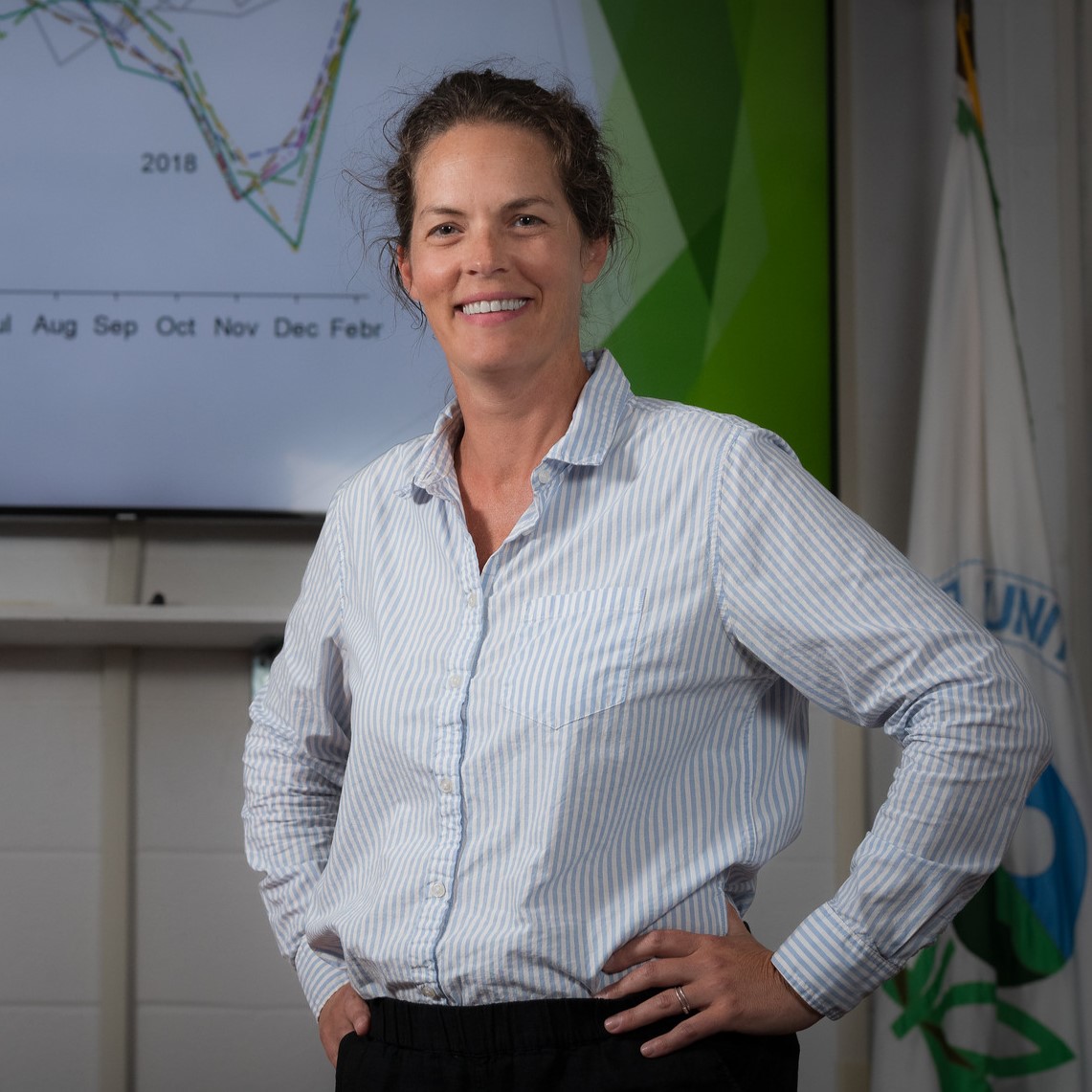 Autumn Oczkowski Autumn Oczkowski
Autumn Oczkowski is a Research Biologist at the US EPA’s Office of Research and Development. Her work there largely focuses on how changing nutrient loads impact coastal and freshwater ecosystems. She often uses tools like stable isotopes (natural abundance and tracer), laboratory and greenhouse mesocosms, long-term field datasets, and fixed-site monitoring stations to examine the links between upstream nutrient runoff and estuarine food webs. Much of her current work also looks at the effects of climate change on coastal ecosystems and the net impact of these changes on nutrient dynamics. Autumn likes to work across scales, from individual organisms to entire estuaries, and across climactic zones, from temperate to tropical. She has also found that the most rewarding work comes from working with, and responding to, the needs of communities as they seek to address environmental problems.
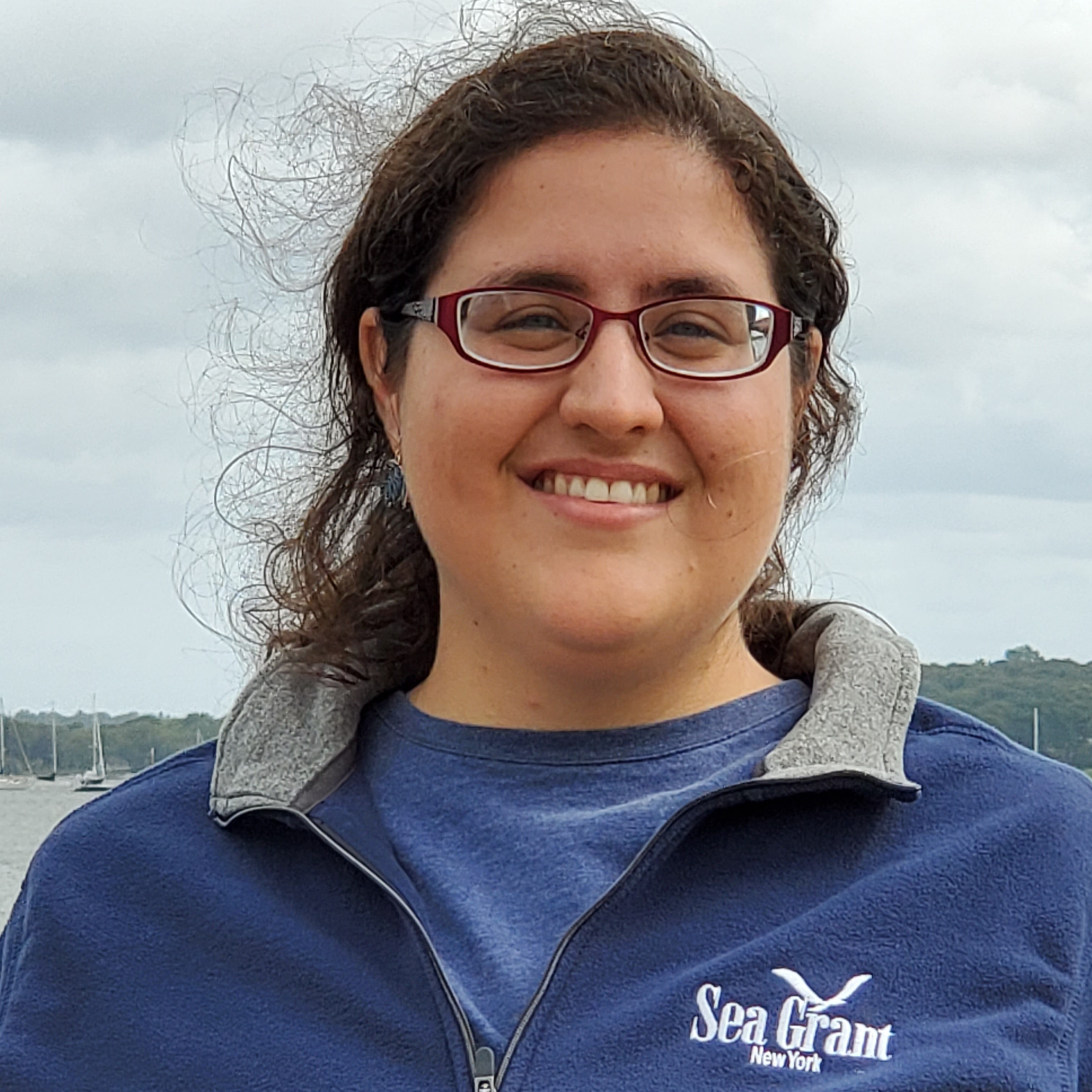 Jimena Perez-Viscasillas Jimena Perez-Viscasillas
Jimena Perez-Viscasillas is an environmental educator and community-engagement specialist based on Long Island, NY. She works with New York Sea Grant as the Outreach Coordinator for the Long Island Sound Partnership (previously the Long Island Sound Study national estuary program), where she focuses on working with coastal communities towards sustainability, greater public access, environmental literacy, and stewardship. In her position, she also previously served as one of the founding Environmental Justice Work Group co-chairs, helping develop and implement a work plan towards improved access to environmental resources and decision-making for communities and leading a region-wide EJ needs assessment across NY and CT. Jimena has a degree in Biology from the University of Puerto Rico at Mayaguez, and a Masters in Environmental Management with a focus on Ecology and Community-Based Environmental Management from Duke University’s Nicholas School for the Environment. She grew up in Añasco, Puerto Rico and in her free time she loves travelling, hiking, and going to the beach!
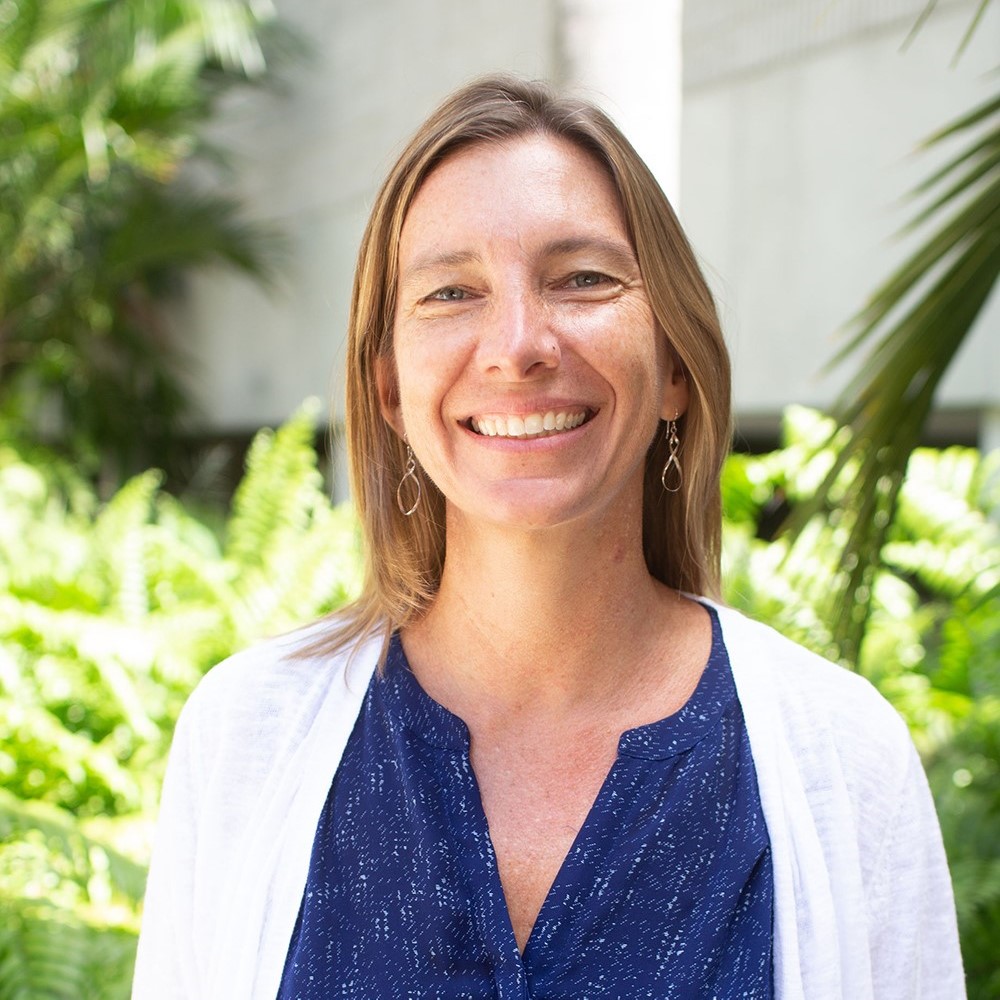 Tiffany Troxler Tiffany Troxler
Tiffany Troxler is an Associate Professor in the Department of Earth and Environment and Director of Science in the Sea Level Solutions Center in the Institute of Environment at Florida International University in Miami, FL. She is an ecosystem ecologist and sustainability scientist whose work cuts across science, policy and management of natural and urban environments. She and her students examine how Everglades ecosystems respond to sea-level rise and water management and develop new research and tools to enhance their resilience to climate change. Her research group also advances interdisciplinary collaborative research that supports local to regional strategies and actions for climate change mitigation and adaptation. Among her service roles, she is Chair of the International Long-Term Ecological Research Network and co-Director of the Resilient305 Collaborative.
|


 Jimena Perez-Viscasillas
Jimena Perez-Viscasillas Tiffany Troxler
Tiffany Troxler